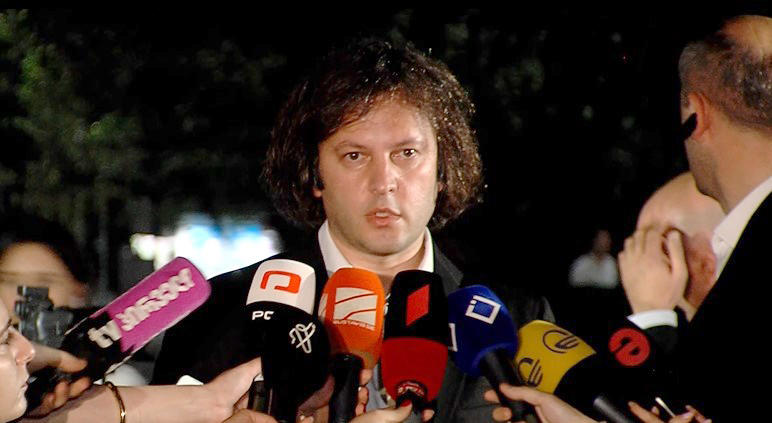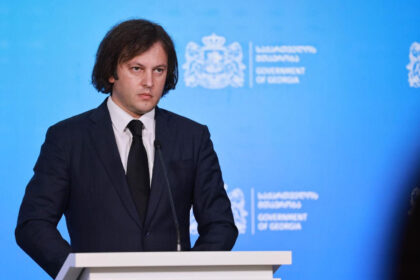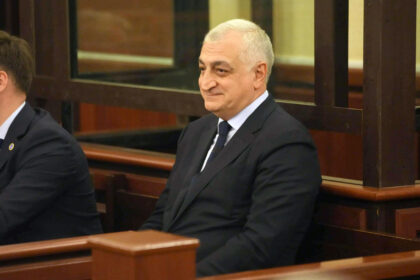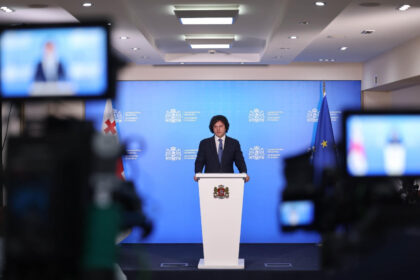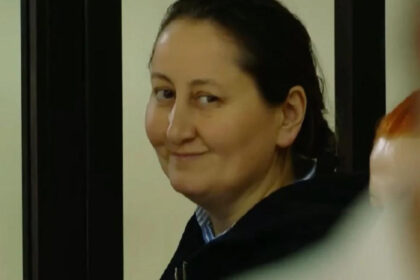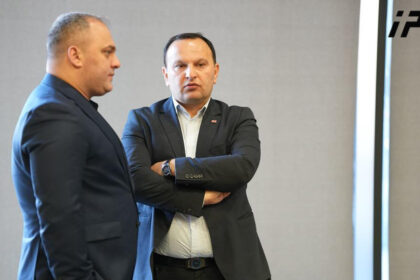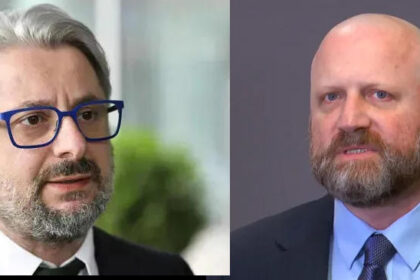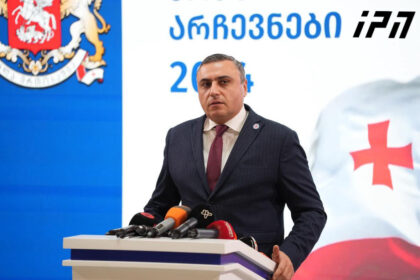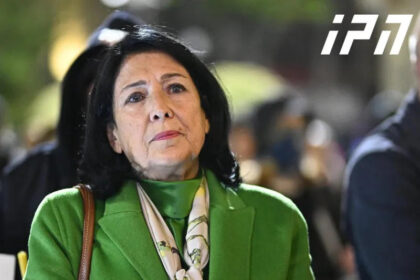**Georgia’s Prime Minister Accuses Saakashvili of Starting War on “Deep State” Orders**
In a recent statement, Georgian Prime Minister Irakli Kobakhidze has accused the country’s former president Mikheil Saakashvili and his regime of starting the 2008 Russia-Georgia war on the orders of the “deep state”. This revelation has sparked intense debate in Georgia, with many questioning the motives behind the war.
According to Kobakhidze, Saakashvili started the war on August 7, 2008, when he ordered an attack on Tskhinvali, the capital of South Ossetia. However, the then-leader claimed that he was acting to restore constitutional order and defend Georgia’s sovereignty. This narrative has been disputed by many, including Kobakhidze, who insists that Saakashvili’s regime was actually working in the interests of Russia.
The war resulted in over 400 deaths, the occupation of 20% of Georgia’s territory, and international recognition of Abkhazia and South Ossetia as independent states. Saakashvili’s regime was widely criticized for its handling of the conflict, and many Georgians still view him as a leader who prioritized his own interests over those of the country.
Kobakhidze’s comments have added fuel to this ongoing debate, with some questioning whether Saakashvili’s actions were truly driven by a desire to protect Georgia or if he was simply carrying out orders from a more powerful force. The concept of the “deep state” – an unofficial network of powerful individuals and organizations that operate behind the scenes to influence government policy – is a sensitive topic in many countries, including Georgia.
**A Catastrophic Action: A Look Back at the War**
The 2008 Russia-Georgia war was a pivotal moment in Georgian history, with far-reaching consequences for the country’s politics, economy, and international relations. The conflict highlighted the deep divisions within Georgian society, with some viewing Saakashvili as a hero who stood up to Russian aggression, while others saw him as a power-hungry leader who put his own interests above those of the nation.
Today, many Georgians continue to grapple with the legacy of that war, wondering whether their leaders truly acted in their best interests or if they were driven by more sinister forces. Kobakhidze’s comments have added a new layer of complexity to this debate, raising questions about the role of the “deep state” and its influence on Georgian politics.
Read More @ www.interpressnews.ge




